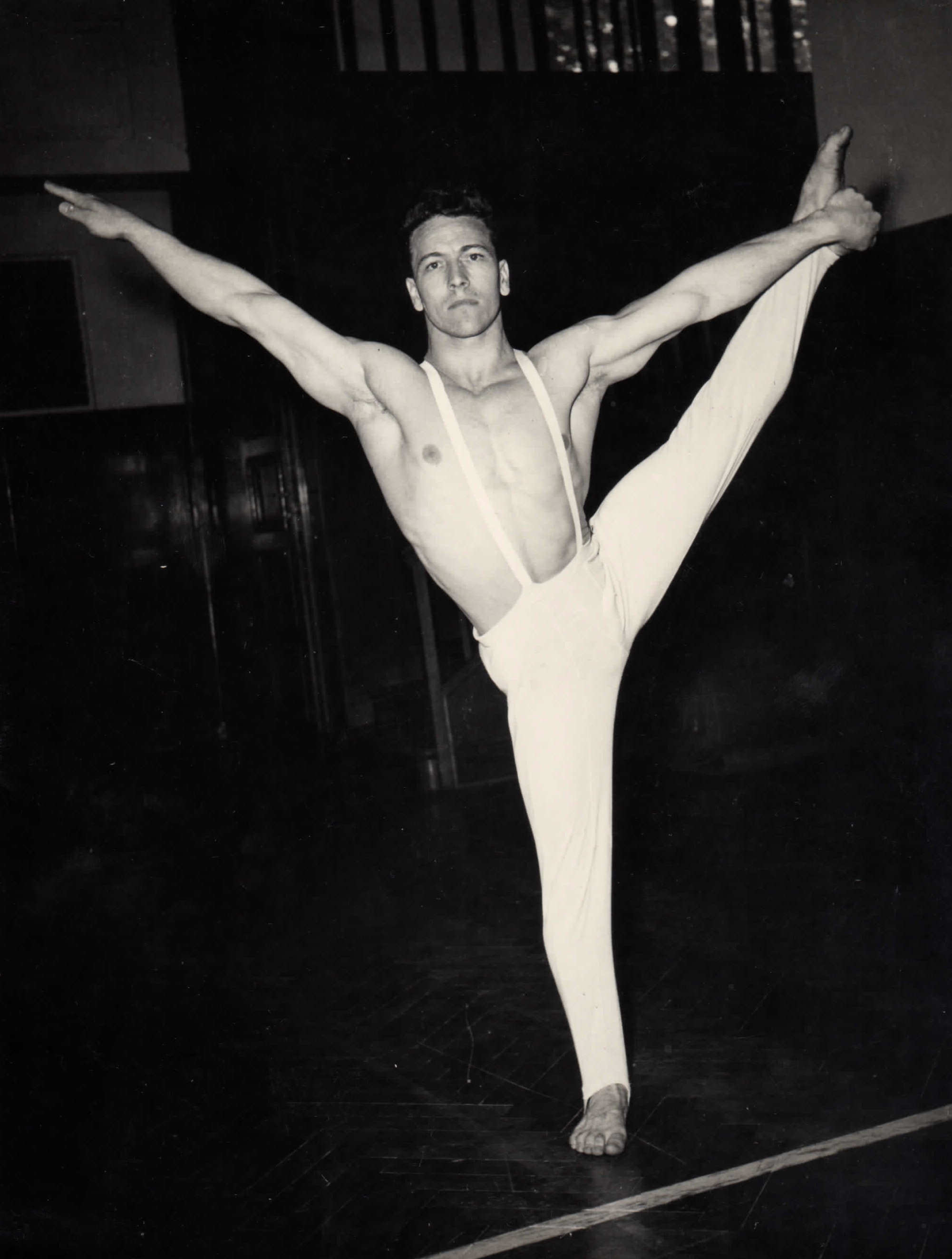He didn’t make it to his fourth Olympics due to injury

Download image
Ferdinand Daniš was born on 7 January 1929 in Opatová, Slovakia (today part of Lučenec). In 1930, the family moved to Frýdlant nad Ostravicí, where he attended primary school. In 1946, he saw the local Sokols training and became utterly enthusiastic about the sport. At the young age of eighteen, he was nominated to the national gymnastics team and represented Czechoslovakia for the first time. In 1950, he joined the military service in Turnov, from where he was transferred to Trenčín. Here, he devoted himself to gymnastics and became an army champion. He transferred to the Army Gymnastics Club (ATK), where he devoted himself fully to gymnastics and became the national champion. In 1952, he participated in his first Summer Olympics in Helsinki, finishing fifth on the bars, and the team finished seventh overall in the team competition. As a promising gymnast, he also went to the 1956 Olympics in Melbourne and participated in the 1960 Games in Rome, where he finished just below the medal position with the national team. He did not attend the 1964 Summer Olympics in Tokyo due to injury and ended his sporting career. He began to work as a coach in the Dukla army team, where he worked with gymnasts of the basic military service. In 1971, he finished his university studies in physical education and sport teaching. He devoted his whole life to coaching and managed to raise many successful athletes. At the time of filming (2024), he lived in Prague.









